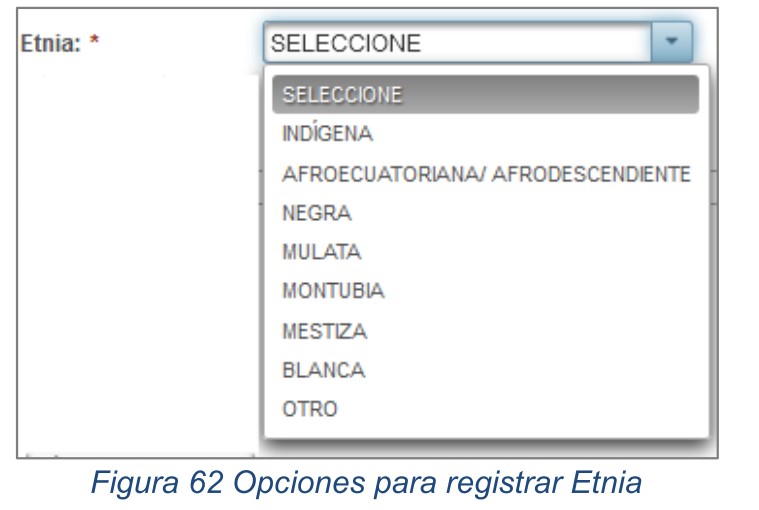La inclusión del pueblo montuvio en Ecuador a través de la democracia
DOI:
https://doi.org/10.33017/RevECIPeru2016.0015/Keywords:
democracy, montuvio people, recognition, inclusion, rightsAbstract
This document describes the inclusion of the montuvio people in Ecuador, through democracy. It can be explained by its ethnic complexity and cultural self-recognition as a minority that has diversified its ethnic map, legitimating itself in the law of rights of the montuvia ethnic group by the Ecuadorian State. In this way, it succeeds in inserting itself into public national planning and, the need for a critical analysis to understand its historical participation. In recent studies, it is established that since the 1990s the Montuvio people have been significantly visible. With the creation of several state institutions, "the first recognition made in 2001 by the Ecuadorian state of the presence of montuvios in the political and social scenario of Ecuador, with the creation of the Council of Development of the Montubio People of the Ecuadorian Coast and Subtropical Zones of the Coastal Region "[1]. Another sign of progress was the recognition it got by the Constitution of 2008, the creation the Council of Citizen Participation and Social Control and the National Councils for Equality and Participation of the Peoples (2010) finally, the voluntary recognition obtained by the Ecuadorian citizens when they acquire their identification card at the Civil Registration Office or the entry of ethnicity of mother and father of the new born, according to statistical yearbook 2013 Ecuador INEC, as a "right of everyone, to decide freely and voluntarily their membership of a nationality or people" [2], Emphasizing that the most representative identities of Ecuador are: indigenous, Afro-Ecuadorians, montuvia and others. This allows access to their members to information separate from a plurinational state and from the perspective of cultural diversity.This analysis proposes to determine the democratic stages that the montuvio people have undergone in the last three decades, the creation of institutions that accept and include their participation as ethnicity, identifying their recognition attributed by the State from the Constitution of the Republic of 2008. Starting from deliberative democracy that analyzes the new forms of participatory and community democracy, which arise with the cultural recognition of the constitutions of the republic of Ecuador in 1998 and 2008.This research is based, on a bibliographic exploration with a qualitative approach, that allows to collect doctrines and thoughts, focused on the social and juridical scope of the Montuvio minority ethnic. Several methods were used, such as the inductive and deductive, and to get to the result of the interpretations and analyzes of this document in function of the realities, the following methods were used: analytical and synthetic methods. It aims to offer some results reflected in speeches, based on scientific publications, legislative texts and journalistic articles that help in the writing of conclusions.The results show the discursive progress, the historical process of the inclusion of the Montuvio people and the stages of democracy, based on the collection of information that different authors have shaped. Starting from deliberative democracy, the new forms of participatory and community democracy; and the challenges of the State as the creation of institutions that protect their rights grow. As a conclusion, it is determined that from the deliberative democracy, the montuvio people and with the legislation of 2008 are understood. New democratic paradigms that dynamize the harmony and social solidarity towards the ethnic groups, without losing their customs with an inherited history, its visibility has been generated with the current government of socialist ideologies, that recognizes the ethnic groups, valuing their social and cultural diversity, strengthening the plurinationality, from where the minority groups of the Ecuadorian people can exercise their rights.


